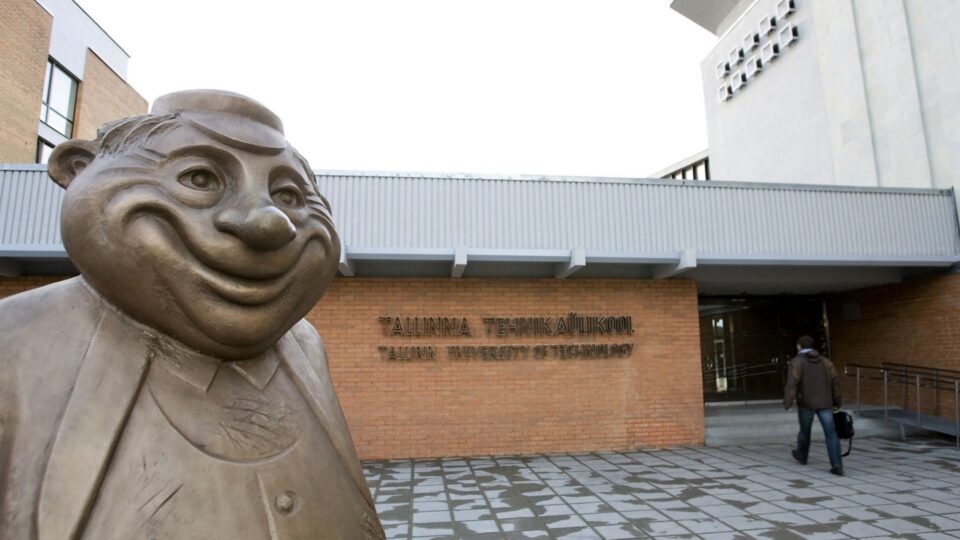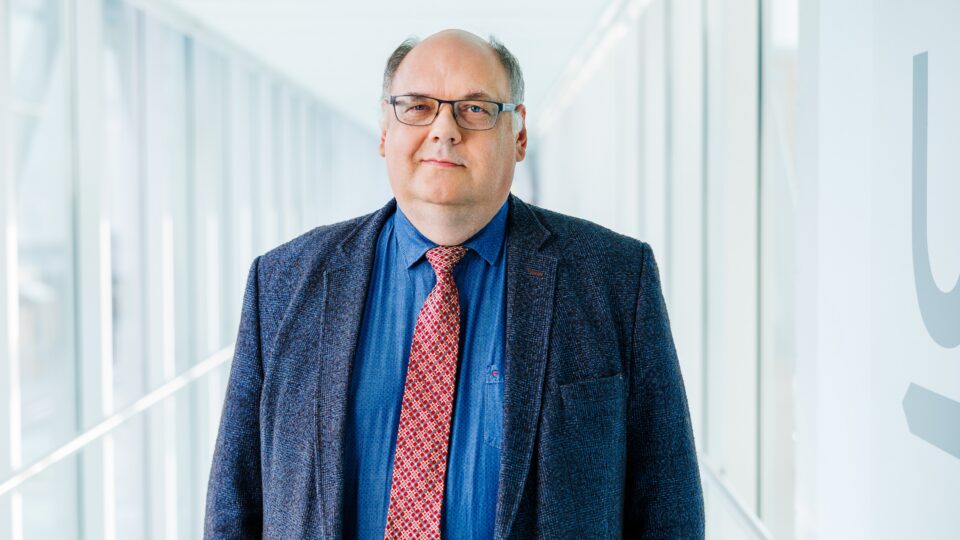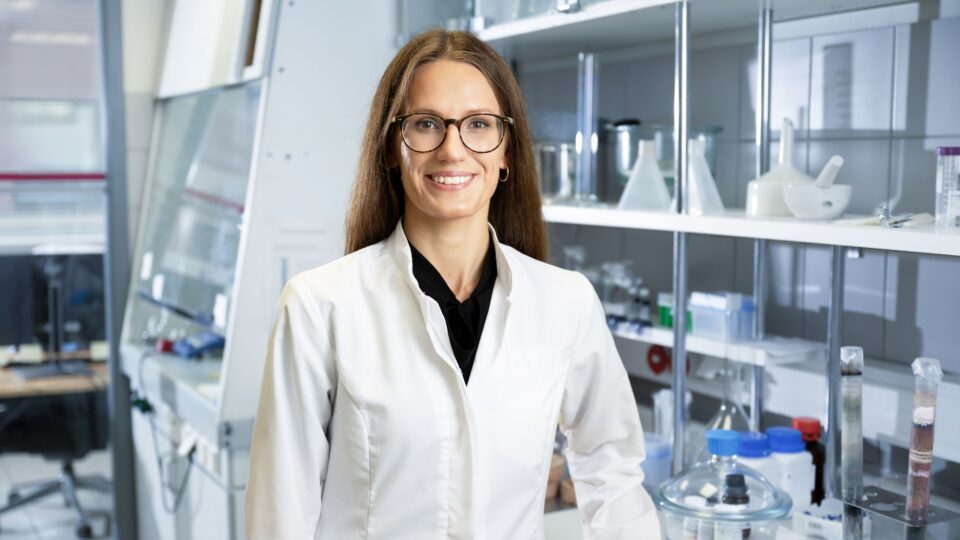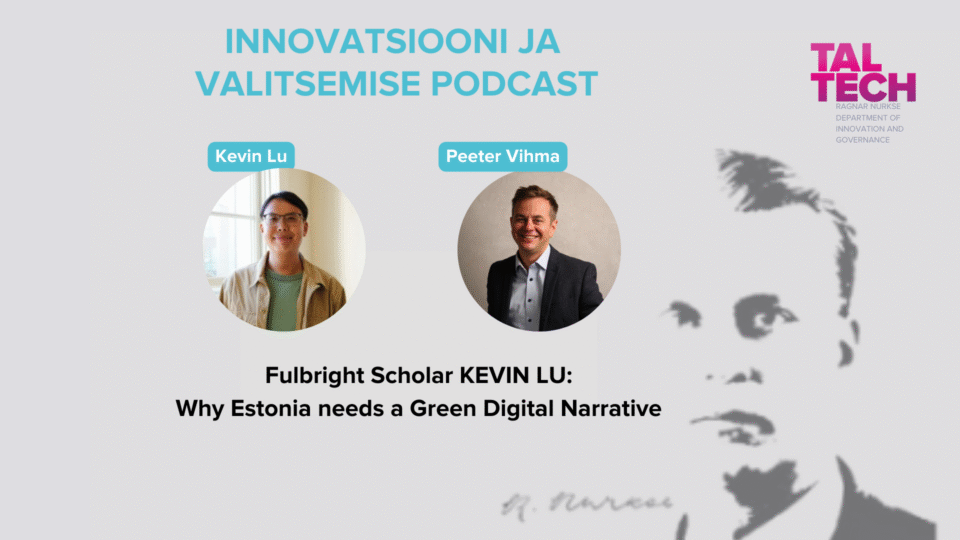Estonia stands at a turning point where good ideas and a strong digital reputation are no longer enough. A shifting economy, geopolitical tensions, and the age of artificial intelligence force us to ask: are we a country that makes decisions, or one that is decided for? According to Ants Vill, member of the TalTech Council and CEO of Bisly, Estonia’s greatest challenge is not a lack of innovation but a lack of decisiveness – and inevitability is not born of consensus, but of deliberate choices.
innovation
TalTech’s direct current innovation workshop brought together the public sector, researchers, and entrepreneurs, all emphasizing one key point: the development of direct current (DC) is no longer confined to drawings and models, but is rapidly making its way into real buildings, streets, chargers, and data centres. The technology is already there – what is needed now is decisiveness.
Estonian peat has been historically used as fuel, last decades valorized as a gardening substrate, but new research shows it has the potential to play a key part in UV-blocking coating, protective cosmetics, smart packaging or next-generation bioplastics. By reimagining this familiar material, researchers are revealing possibilities that could reshape how Estonia uses one of its abundant natural resources.
How can TalTech be shaped over the next decade into a driving force that cultivates engineers, generates technologies, and connects science with entrepreneurship? This question was tackled during the TalTech development strategy discussion “TalTech 2035 – Estonia’s Growth Platform of the Future?” by Vice-Rector for Entrepreneurship Erik Puura, Tehnopol CEO Agnes Roos, Head of the Innovation and Technology Department at the Ministry of Economic Affairs and Communications Sigrid Rajalo, and TalTech Council member and CFO of the tech company Helmes, Madis Margus.
The panel discussion at the university's health and food technology focus center’s specialty day showed that while Estonia’s vision is clear and effective solutions already exist, the sector still faces various obstacles such as bureaucracy, labor shortages, and fragmentation – there is a lack of a cooperation mechanism that would lead problems swiftly to solutions.
TalTech is preparing a new development plan that will define the university’s direction for the next decade. In an interview with Trialoog, Vice-Rector for Entrepreneurship Erik Puura says the university must be guided both by instinct and by a clear strategy.
TalTech spin-off SafePas recently received a €2.5 million grant from the Enterprise and Innovation Foundation to further develop Drug Hunter – a portable analyser capable of detecting the composition and quantity of illegal substances from a saliva sample in just a few minutes.
Under the leadership of Kristiina Kaldas, senior researcher at the Department of Chemistry and Biotechnology at Tallinn University of Technology, efforts are underway to give new life to oil shale industry waste and to develop a more sustainable chemical industry.
Fulbright scholar Kevin Lu spent a year in Estonia mapping its climate-tech ecosystem – now he shares what he discovered, and why the country needs a green digital narrative.
What happens when Estonia’s beloved film "Kevade" ("Spring") is colourised and one of its main characters, Arno, is recast as a young Leonardo DiCaprio? When artificial intelligence meets student creativity, an experiment is born – one that pushes the boundaries of both technology and culture.









